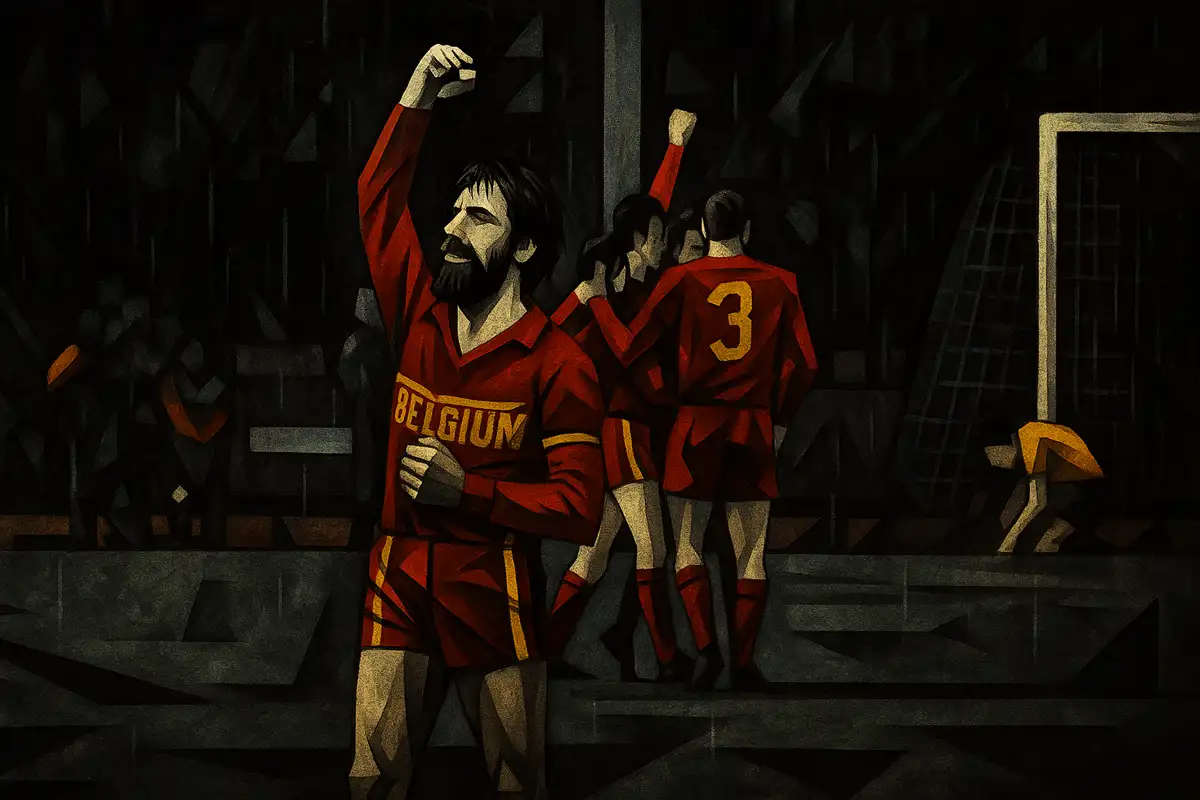
Some moments are like fractures in time. Everything before them seems part of another story. In Belgian football, May 8, 1982, is one such moment. A day when sporting ambition collided with ethical compromise. A day that would eventually shake a proud football nation just as it was reaching for European greatness.
This is the story of Standard Liège, of Waterschei, of Eric Gerets, of Raymond Goethals, and of a scandal that altered careers, shaped a generation, and left a long-lasting mark on Belgium’s footballing identity.
A Golden Generation, a Fragile Foundation
By the early 1980s, Belgium had emerged as a respected force in European football. At Euro 1980, they had stunned the continent by reaching the final, narrowly losing to West Germany. At the 1982 World Cup, they opened the tournament with a 1–0 win over holders Argentina.
The national team was built on a solid core: Jean-Marie Pfaff in goal, Eric Gerets and Walter Meeuws in defence, Frankie Vercauteren and René Vandereycken in midfield, and Jan Ceulemans and Erwin Vandenbergh up front. Many of these players were drawn from the country’s top club sides, particularly Standard Liège and Anderlecht.
Under manager Raymond Goethals, Standard Liège had won the Belgian League titles in 1982 and 1983, and reached the Cup Winners’ Cup Final against Barcelona in 1982. The club featured players like Meeuws, Gerard Plessers, Jos Daerden, Michel Preud’homme, and the rugged, mustachioed leader at the back: Eric Gerets.
But as the 1983/84 season unfolded, a major scandal from two years earlier came to light — one that would derail Belgium’s preparations for Euro 1984 and impact the careers of many involved.
The Incident: May 8, 1982
On May 8, 1982, Standard Liège faced Waterschei Thor Genk in the final league match of the season. Standard led Anderlecht by just two points and couldn’t lose if they wanted to secure the title.
Yet this wasn’t just any season finale. Four days later, Standard were to face Barcelona in the Cup Winners’ Cup Final in Camp Nou. A dream for any Belgian side. The stakes were monumental.
To avoid potential injuries or complications, Standard officials sought to ensure victory by arranging a bribe. According to later court and federation findings, club administrator Roger Petit and manager Raymond Goethals hatched a plan. Through informal channels, they contacted Waterschei’s captain Roland Janssen, offering a bribe: the Standard players’ win bonuses, totalling 420,000 Belgian francs. The conduit? None other than Eric Gerets himself — friend of Janssen, neighbour of Waterschei player Pierre Plessers (brother of Standard’s Gerard Plessers), and undisputed team leader.
The fix was in. Standard won 3–1. No injuries, no bookings, no drama.
And four days later, they gave a valiant fight against Barcelona, narrowly losing 2–1 in a final still remembered for its defiance.
The league title was theirs. But at what cost?
“
To avoid potential injuries or complications, Standard officials sought to ensure victory by arranging a bribe.
The Scandal Breaks: February 1984
Nearly two years later, in February 1984, the incident became public during Judge Guy Bellemans’ investigation into financial misconduct in Belgian football. On February 22, authorities seized Standard’s records. Two days later, Petit and Goethals admitted to falsifying tax records. The documentation included references that pointed to the bribery arrangement.
On February 28, Eric Gerets also admitted his involvement in arranging the payment. On February 29, both Petit and Goethals resigned. The following day, AC Milan terminated Gerets’ contract, barely eight months after signing him.
Belgian football, poised to shine at Euro ’84, was imploding.
Fallout and Exile
On April 2, 1984, the Belgian Football Association announced disciplinary measures:
- Roger Petit and Raymond Goethals were banned from domestic football activities.
- Standard players Jos Daerden, Walter Meeuws, Theo Poel, Simon Tahamata, Michel Preud’homme, Gerard Plessers, and Guy Vandermissen, along with Waterschei’s Roland Janssen and Aimé Coenen, received one-year suspensions, later reduced to six months.
- Eric Gerets received a three-year ban, later reduced to two years and lifted in early 1985.
- Arie Haan, who had opposed the arrangement, was acquitted.
These suspensions significantly weakened the Belgian national team ahead of Euro 1984. Key defenders Gerets and Meeuws were absent, along with several others who had been part of the squad setup.
Coach Guy Thys was forced to rebuild. Younger players such as Georges Grün, Enzo Scifo, Paul Lambrichts, and Walter De Greef were brought into the fold. Jan Ceulemans became team captain.
Belgium started the tournament with a 2–0 win over Yugoslavia but then collapsed, losing 5–0 to Platini’s France — their heaviest defeat since 1976. A final 3–2 loss to Denmark, after leading 2–0, confirmed their elimination.
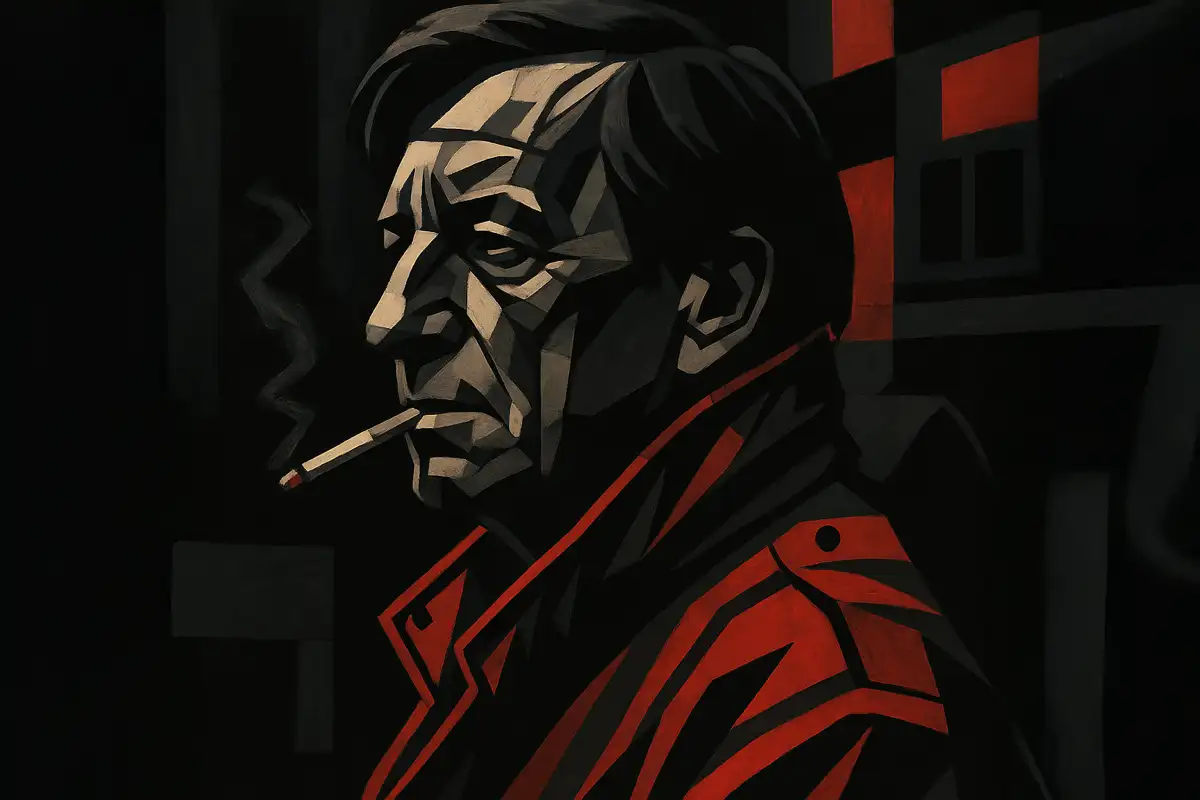
Fractured Careers, Lost Legacy
The fallout didn’t end with the national team.
Standard Liège, stripped of its stars and pride, began a long decline. It would take 25 years — until 2008 — to win another league title.
Some players found redemption:
- Gerets rebuilt his career at MVV Maastricht and later PSV Eindhoven, returning to the national team and later enjoying a successful managerial career across Europe and the Middle East. But he never again wore the captain’s armband.
- Preud’homme, after serving his suspension, went on to become Belgium’s number one at the 1990 World Cup and 1994 World Cup, where he earned the Lev Yashin Award as best goalkeeper. At club level, he shone for Mechelen and Benfica.
- Goethals, disgraced but undeterred, worked his way back. In 1993, aged 71, he guided Marseille to Champions League glory, defeating Milan in Munich — the only Belgian manager to win Europe’s top prize. Here again he would be around another scandal, although he was never officially connected to the Bernard Tapie bribery scandal.
Others faded. Some, like Meeuws, turned to management. Others remained on the periphery. But none ever escaped the shadow entirely.
A Line in the Sand
The “Affaire Bellemans”, as it became known, remains a watershed in Belgian football history. It revealed how the pressures of modern football — of glory, money, and European validation — could corrode even the most cherished values. That it came from a club like Standard, known for its working-class ethos and passionate fanbase, made it sting even more.
For Belgium, it marked the end of innocence. The golden generation was tainted. The dream of Euro ’84 never materialised. A brilliant team fell apart before it could truly flourish.
And yet, in that rubble, something remained. A will to rebuild. A belief that football — though so easily corrupted — could still be redeemed.
Despite the setbacks, Belgium eventually regrouped. They qualified for the 1986 World Cup, finishing fourth in Mexico — a testament to the resilience of coach Guy Thys and the new generation of players.
Legacy and Reflection
Forty years later, the scandal is remembered only faintly, overshadowed by newer dramas and modern glory. But for those who lived it, and for those who care about the soul of the sport, it still matters.
It’s a reminder that football is more than titles and transfers. It’s trust. It’s honour. It’s the belief that what unfolds on the pitch is real.
In May 1982, that belief was betrayed.
And Belgium has never forgotten.
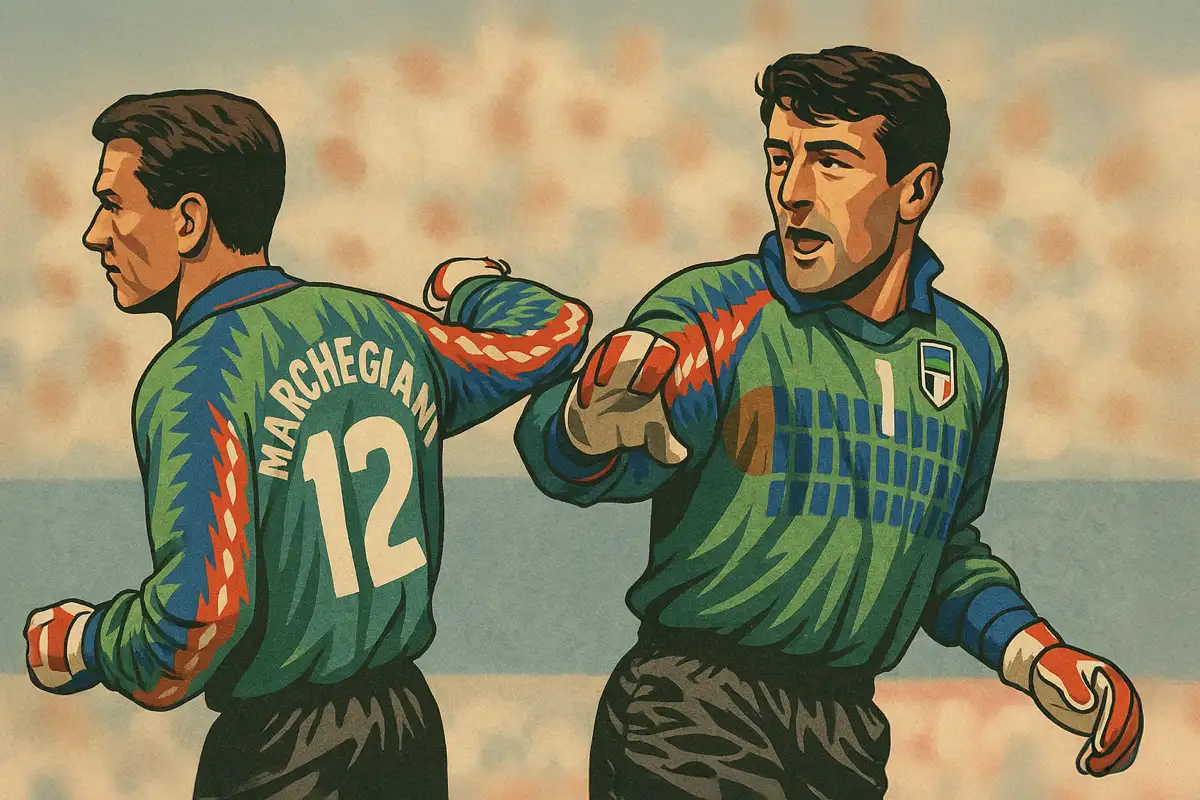
Italy’s 90’s Goalkeepers – provisory title
He dribbled like a dancer, played with a smile, and made chaos look beautiful. A rebel with the ball, and a genius no system could ever hold down.
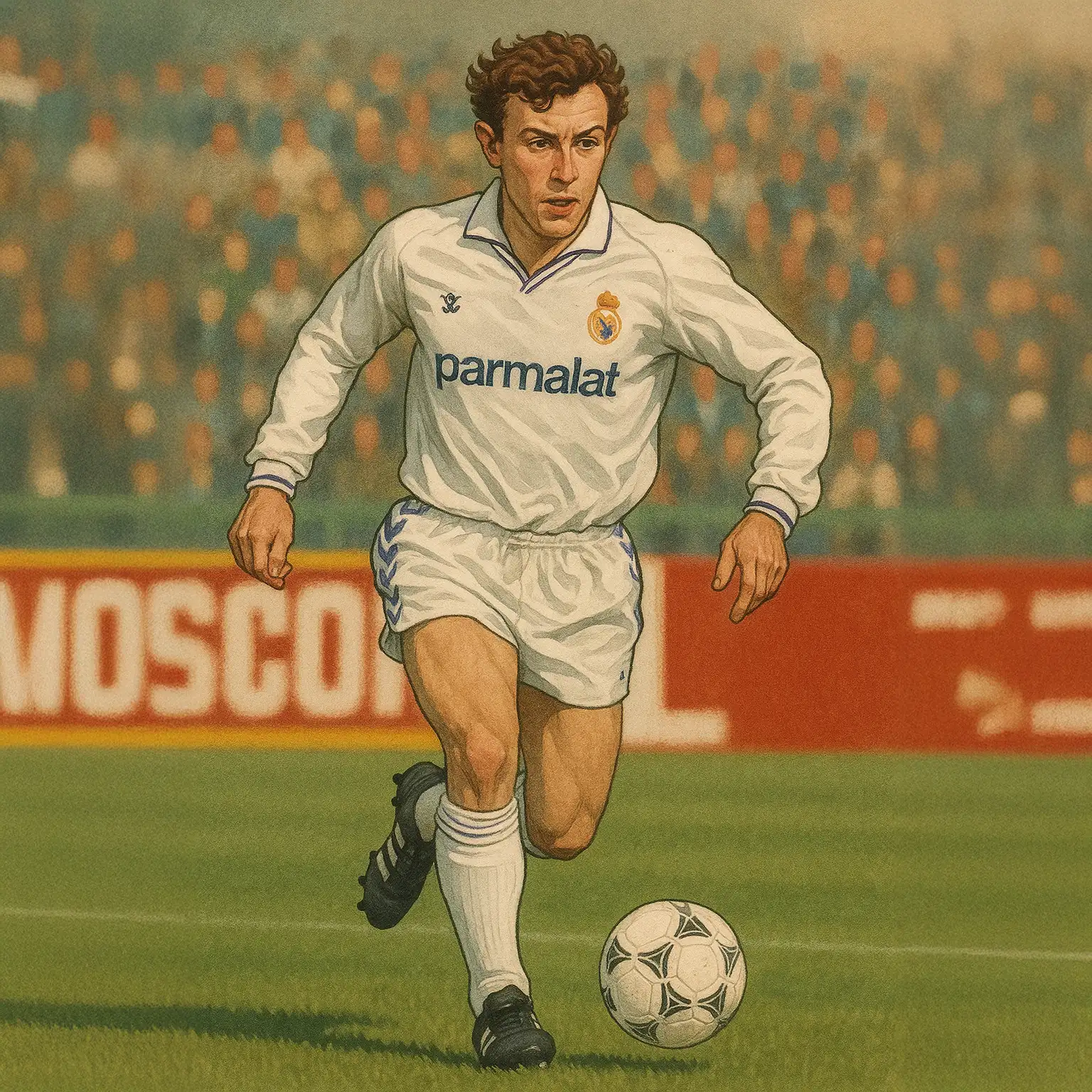
Emilio Butragueño – provisory title
He dribbled like a dancer, played with a smile, and made chaos look beautiful. A rebel with the ball, and a genius no system could ever hold down.
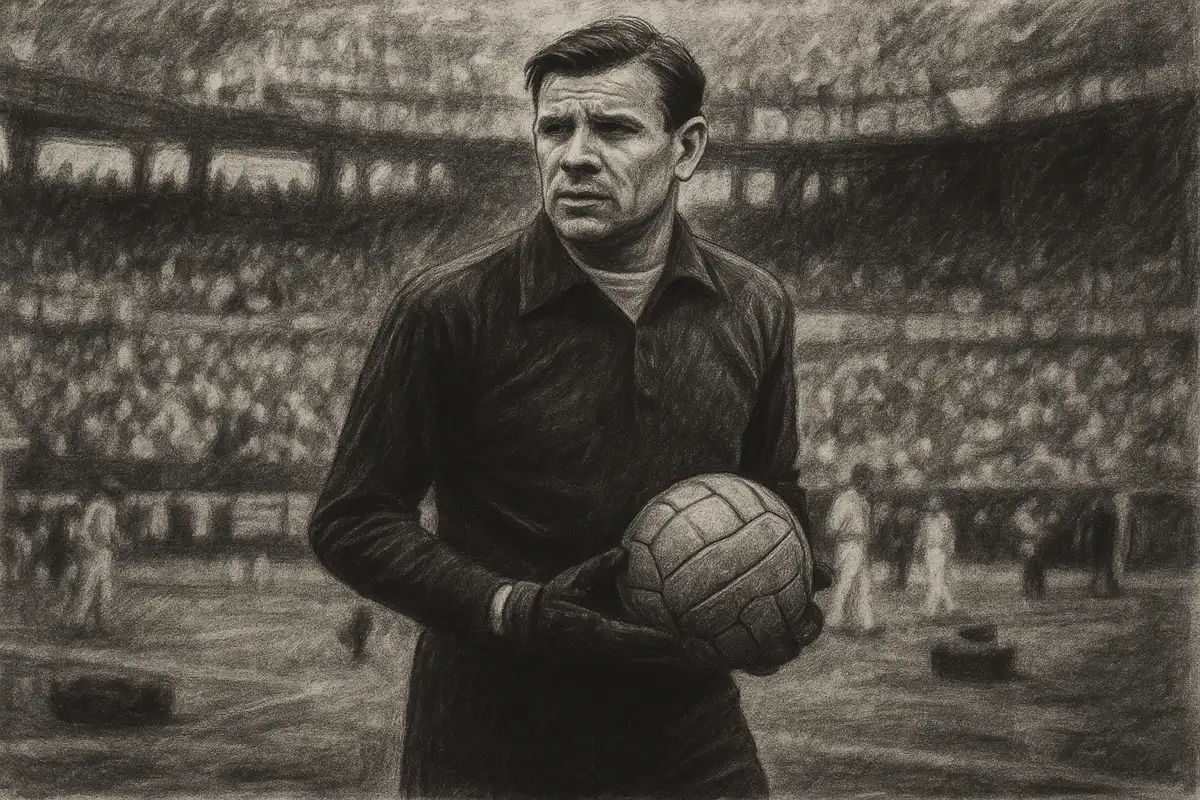
Lev Yashin – provisory title
He dribbled like a dancer, played with a smile, and made chaos look beautiful. A rebel with the ball, and a genius no system could ever hold down.

